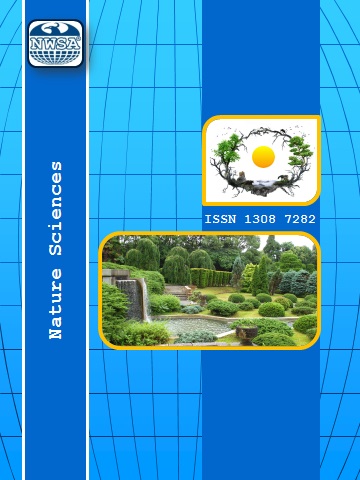USAGE OF UNMANNED AERIAL VEHICLES (UAVs) IN DETERMINING DRAINAGE NETWORKS
Mehmet Akif GÜNEN1
,
Ümit Haluk ATASEVER2
,
Talha TAŞKANAT3
,
Erkan BEŞDOK4
As a result of the rapid growth of the world's population and the consequences of climate change, water resources need to be used correctly and sustainably. Achieving drainage network, one of the most important aspects of watershed management, is crucial to avoid floods that are among the most important natural disasters. DEM (Digital Elevation Model) data can be used to obtain drainage networks with high accuracy. DEM can be produced fast, reliable and accurate thanks to Unmanned Aerial Vehicles (UAVs). In this study, direction, length and drainage area were calculated in order to prevent possible flood disaster and to investigate the risk of landslide in the residential area at the Hisarcık/Kayseri. Using the camera integrated UAV, images related to the landscape were captured and 3D spatial coordinates were obtained using the Structure from Motion (SfM) method. Generated point cloud is converted to DEM data format. The high-resolution DEM(~5cm) was resampled to different resolutions (5m, 10m, 15m and 30m). In addition to the effect of DEM resolution on terrain attributes, stream characterization and watershed delineation effected by flow accumulation threshold values were investigated. It has been shown that high-resolution DEM and low flow accumulation threshold value should be used for quality of drainage networks.
Keywords
Digital Elevation Model (DEM),
Unmanned Aerial Vehicles (UAVs),
Drainage Network,
Structure from Motion (SfM),
Map,
 +90(535) 849 84 68
+90(535) 849 84 68 nwsa.akademi@hotmail.com
nwsa.akademi@hotmail.com Fırat Akademi Samsun-Türkiye
Fırat Akademi Samsun-Türkiye
